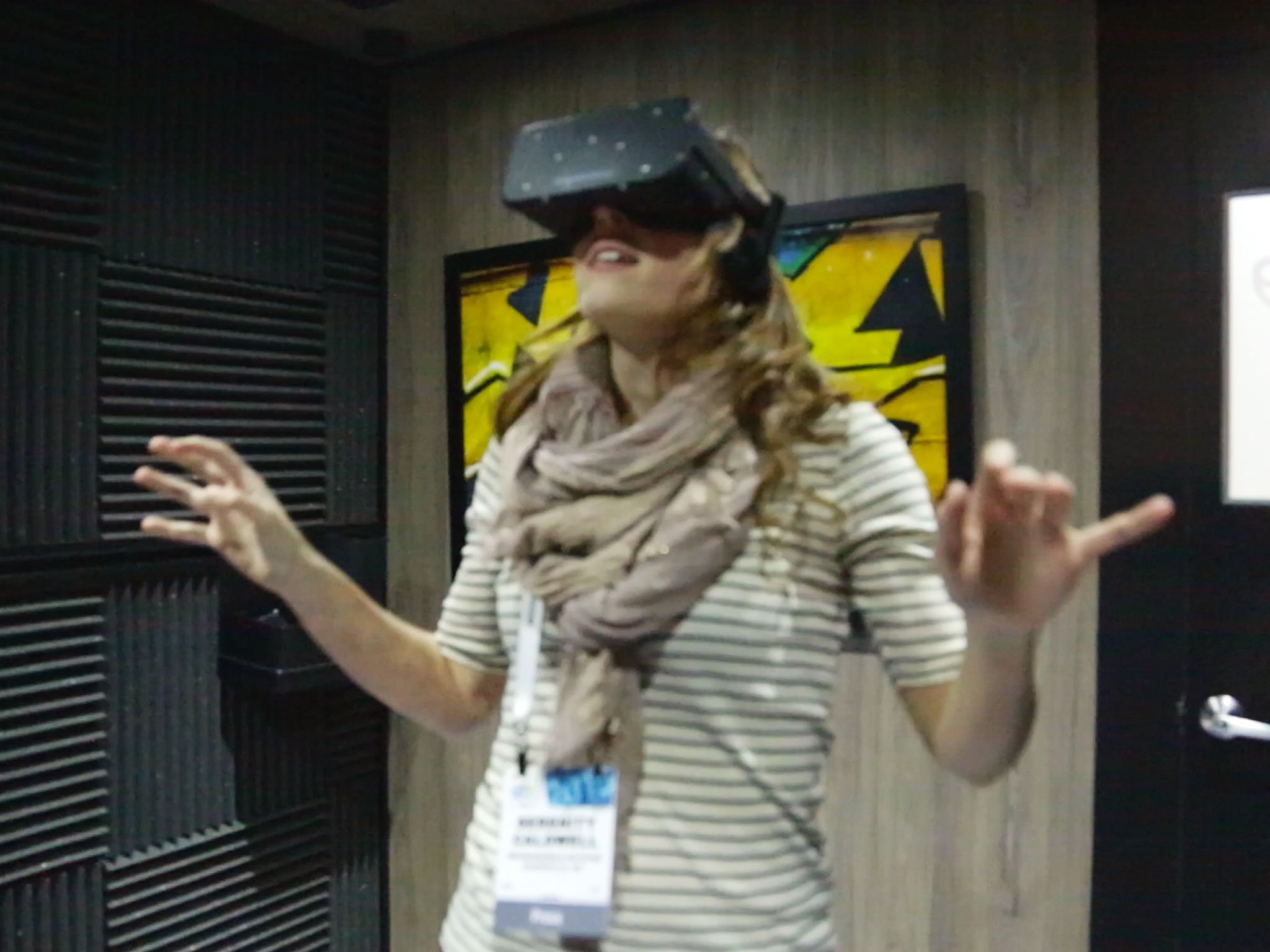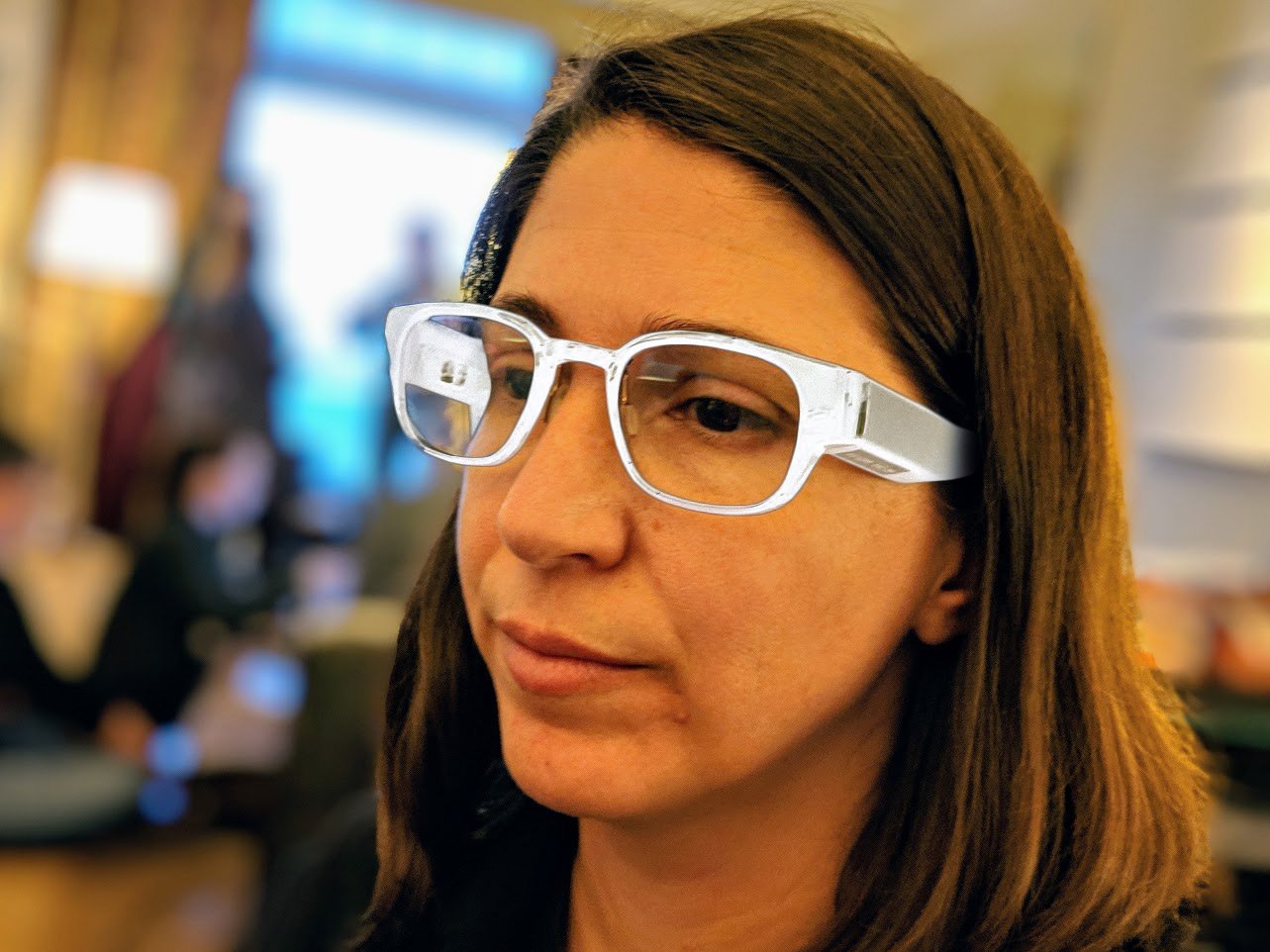I'm going to tell you the exception to Tim Cook's rule, to the Apple Secrecy Law, the one where the only acceptable answer to any question about the next iPhone or Mac — or whatever — is "We don't discuss future products or plans." The aluminum curtain dropped on every investor call, TV interview, event, briefing — everything. Every single time…. Except one…
It's precisely because Apple and Tim Cook are so relentlessly tight-lipped about everything — that their answer is almost always effectively NOT TODAY SATAN — that the very, very few things they are willing to talk about… stand out… like neon… Bright. Flashing. Neon.
And I think… I think I understand why.
Because not everything is a product. Some things, some very few things, are technologies that are or will be core to many, even most products.
As technology evolves, it begins to push at, even break, the constraints of existing products. That's what allows for… not only better versions of those products… but also new and better products. Products that can only exist because of those ever-advancing technologies.
Chipsets vs. Feature sets
The iMac went from CRT to LCD, and that let Apple develop better iMacs, sure. But the iPhone could only come into existence because of LCD. There's no world in which a CRT iPhone would have ever been possible. The same, to some extent, with OLED. It has let Apple make better iPhones, but it has also let Apple create and ship a workable Apple Watch.
And there's absolutely, positively, no reason to think that cycle of evolution and revolution will ever end. That it won't just keep going far into the techno-organic future. And if we accept that, then it's just a matter of laying the product… bricks from here to there, from the present into the future, where and as they make sense.
And that's exactly why I think Tim Cook has been willing to talk about things like autonomous computing, because everything is going to benefit from machine learning and computer vision, which may power a car one day, sure, but is already taking the grunt work out of an increasing number of things today, from Home Screen navigation with suggested apps and photo finding with sorting and saliency.
But in the much nearer future, it's Tim Cook's comments on virtual and augmented reality that, I think, are going to become just hella wicked obvious. At least in their very first, very early stages.
Virtual Realities
I'll get to AR glasses in a second but just think about a virtual reality headset in this context. As a stand-alone product out of nowhere, maybe it makes the kind of sense that does, maybe the kind that doesn't. But as a premium escalation of the Apple TV?
Apple never shipped a television set. They prototyped a couple, and maybe Jony Ive's old team still uses them to watch the Super Bowl, I don't know, but Apple never saw any margins or update cycles that would make for a workable, profitable go-to-market strategy. That would turn it from a prototype into a viable product with mass appeal.
Even the last couple of Apple TVs have struggled to find their place — and pricing — in a commodity Smart TV world. But if you don't look at it as a set-top streaming box, but as a conduit for streaming services, and you start to think where typical Apple margins, silicon power, even pricing really start to make sense, and it's a premium product like a VR headset.
Like… Apple Vision.
Just in addition to targeting all the services, the entertainment, the education, the Fitness+, the gaming, all of them, at an A14X Apple TV that you attach to your television, you also start targeting them at an A15V or whatever and the Apple Vision you wear on your head. Because, in a headset, you have room for a full-on system-on-a-chip, SoC, even apparently active cooling to let it be all the max performance it can be. Just like an Apple TV. This just leverages all of that.
And sure, TV is a communal experience, and a VR headset is a personal one, but Apple's answer to that with the iPad has — so far — been: buy more of them, so that really seems less deal-breaker and more deal maker here.
Augmented Realities
Same with the mythical Apple Glasses. But where the VR Headset is an escalation of the TV experience, the Glasses feel more like a distillation of the Watch experience.
Because, sure, the Apple Watch can't do everything the iPhone can, but it can do a subset of brief, important, intermittent things far, far more conveniently than any phone. So much so, increasingly I don't even have to reach for my phone. And because it's always connected not just to the internet but to my body, it can do a ton of critical health and fitness things that would be either awkward or just plain impossible with the iPhone alone.
They'll be much smaller and won't fit a full-blown SoC, but a system-in-package (SiP) like something between the Apple Watch and AirPods today. So, Apple glasses, especially at first, will only be able to do an even smaller subset of what the Watch can, but since they won't just be always on, but they'll always be in our line of sight, they'll be able to do those briefer, but more importantly, even if more intermittent things, even more conveniently than the Watch. Forget reaching for a phone; I won't even have to lift or turn my wrist. And, it's likely they'll be able to do some critically important health and fitness things as well. Especially when combined with AirPod technology and over time.
And this is where Apple, by virtue of their integrated product model, where they don't have to worry about extracting profits at the chipset or display level, but just scaling their architecture and technologies up and down the stack and across the lines — this is where Apple can be hugely effective in pushing these new experiences into the mainstream. Hugely limited at first, for sure, but iterated and expanded rapidly over time.
Same with the pricing, super expensive at first to pay down R&D and go-to-market, but then also pushed down over time.









0 comments:
Post a Comment